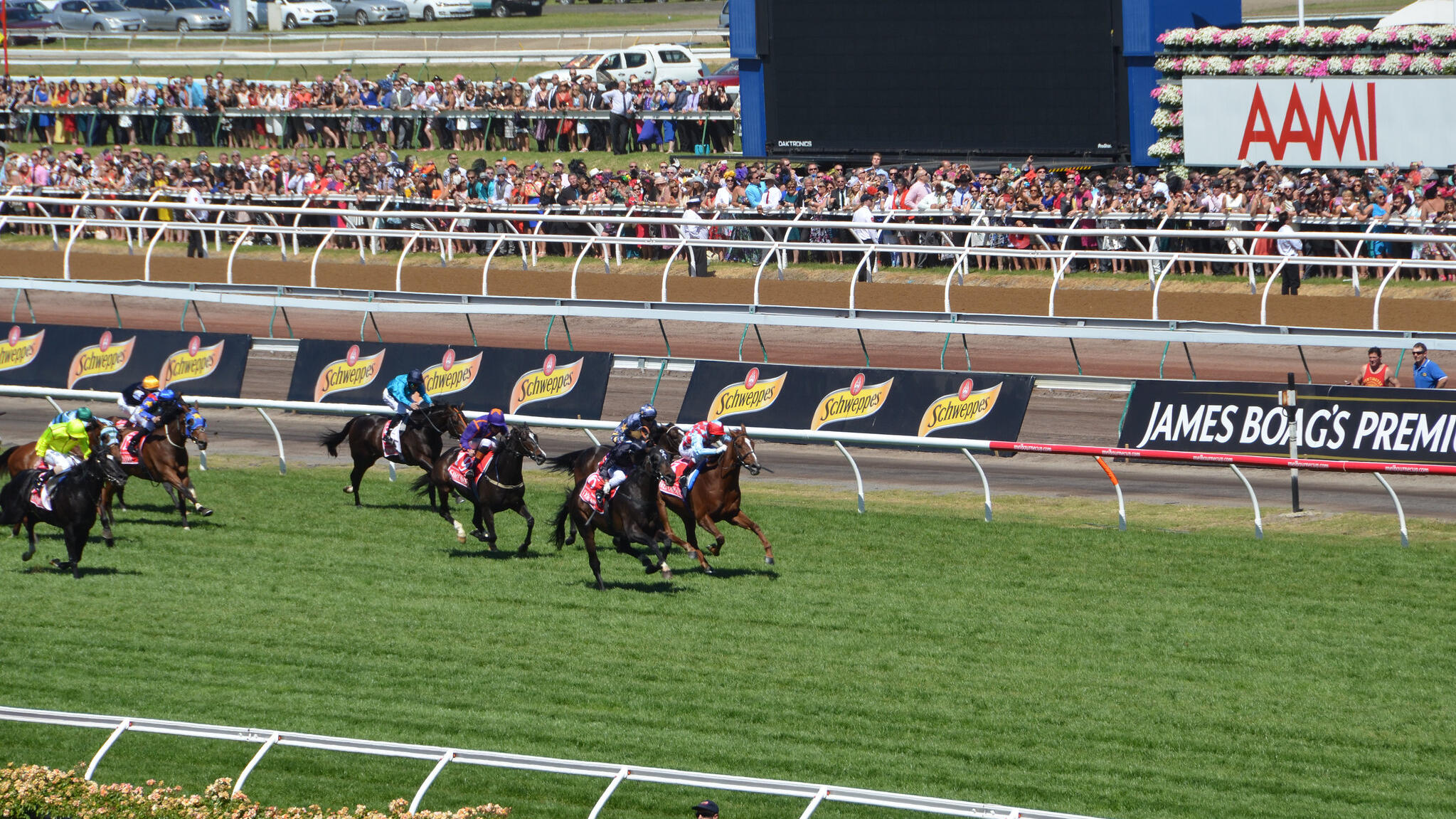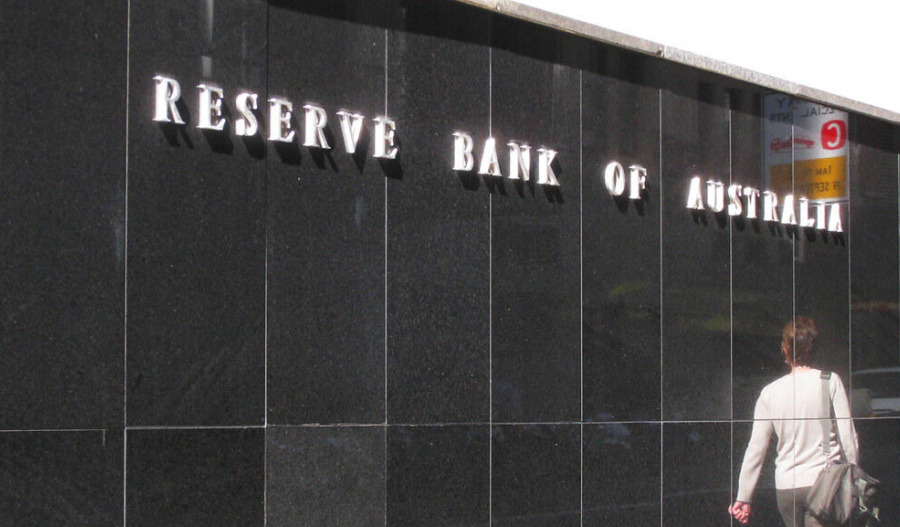The Melbourne Cup may be the horse race that stops a nation, but tomorrow’s glamour event on Australia's racing calendar is unlikely to coincide with a much anticipated Reserve Bank (RBA) interest rate cut following revelations that the inflation genie has not been adequately corked.
What’s likely to have taken a rate cut well out of contention is the revelation that inflation for the September quarter was up 1.3%, taking annual inflation to 3.2%.
According to the ABS, this is the largest rise since March 2023, with electricity the greatest contributor at 9%.
While food and non-alcoholic beverages annual inflation was 3.1% for the September quarter, other rises include housing at 2.5%, recreation and culture at 1.9% and transport at 1.2%.
Trimmed mean and CPI up
What’s more meaningful for the RBA board is the trimmed mean – a measure of underlying inflation - which was also up by 3%, from 2.7% for the June quarter.
This is the first time the trimmed mean annual inflation has increased since December 2022.
What will also play on the minds of the RBA monetary policy board when it meets tomorrow will be the September 2025 monthly CPI indicator, which rose 3.5% in the 12 months to September, up from 3% in the 12 months to August.
Unsurprisingly, Finder's latest RBA Cash Rate Survey suggests that 86% of experts (30 out of 35) expect the cash rate to remain at 3.60% in November.
This marks a sharp reversal from only four weeks ago, when nearly seven in ten economists were expecting the RBA to start trimming rates by November.
Rising unemployment could tip next rate cut
But while the high reading for trimmed mean inflation will most likely keep the RBA on hold in November, AMP's chief economist Shane Oliver expects higher unemployment and [hopefully] slower inflation to likely drive a cut next year.
However, for now, the RBA clearly wants to see that number trending down again before relieving any more cash rate pressure and will be more comfortable when it sits somewhere between 2-3%.
Tomorrow’s decision to keep rates on hold marks a significant divergence with the U.S. central bank (The Fed), which last Wednesday said it was lowering the target for its key lending rate by 0.25 percentage points, putting it in a range of 3.75% to 4%.
Meanwhile, the protracted U.S. government shutdown is doing no favours for the country’s bond market, which continues to attract global debt investors to the Australian bond market.
The most recent Australian corporate bond issues include:
- Region Retail Trust raised $300 million and priced its six-year senior unsecured fixed rate bond at 122 basis points over semi quarterly swap
- People First Bank raised $300 million in a four-year floating rate note priced at 105 basis points over 3-month BBSW
- Ampol priced its 30-year, non-call 8.25 (30NC8.25) subordinated note deal at 200 basis points over semi quarterly swap, significantly tighter than price guidance of 225-230bps
- ANU launched a five-year senior unsecured fixed rate bond with price guidance of 85 basis points over semi quarterly swap
- Police Bank raised $100 million in a three-year senior unsecured deal at 105 basis points over 3-month BBSW
Latest ETF offering include:
BlackRock launches Global Aggregate Bond ETF
Meanwhile, local ETF issuers continue to seize the popularity for A$-denominated assets by continuing to bring new products to market.
As a case in point, BlackRock has added to its fixed-income ETF range, which will enable Australian advisers and investors to diversify their fixed income exposure across countries and sectors, with the added benefit of A$ hedging to help mitigate currency fluctuations.
The iShares Core Global Aggregate Bond (AUD Hedged) ETF (AGGG) will invest in investment-grade global bonds, including government, securitised, and investment-grade corporate bonds across multiple regions.
Expected to list on the ASX in early November, AGGG will be benchmarked to the Bloomberg Global Aggregate Bond Index (AUD Hedged) index, and with a management fee of 0.18% per annum.
Benchmarked to the Bloomberg Global Aggregate Bond Index (AUD Hedged) index, it is expected to list on the ASX in early November 2025, with a management fee of 0.18% per annum.
Rainmaker Information recently highlighted the importance of lower management fees, noting that exchange-traded products (ETPs) charging less than 0.65% p.a. [in management fees] tend to experience higher net inflows and greater success.
Meanwhile, BlackRock Australia head of global product solutions Steve Ead told the market that fixed income ETFs continue to play an important role in portfolio construction, particularly in an environment where investors are seeking global diversification and income.
“AGGG offers a simple, cost-effective way to access global investment grade bonds, complementing our existing suite of iShares fixed income ETFs in Australia and serves as a tool for advisers and asset allocators to help build diversified multi-asset portfolios,” he said.
Katherine Palmer, head of fixed income and credit product strategy at BlackRock Australia, also noted that the proportion of fixed income assets yielding over 4% has increased markedly since 2021, with investors now able to access a more interesting array of yields across different fixed income sub-categories – including the investment grade space.
“The launch of AGGG expands BlackRock’s Australian iShares fixed income lineup, delivering a core building block for Australian advisers and investors seeking global investment-grade bond exposure hedged to AUD.”
PIMCO launched active ETF, EARN
Meanwhile, mid-October saw PIMCO launch the PIMCO Short Term Active Yield Active ETF (EARN), its fifth active exchange-traded fund in Australia.
The launch of EARN – which follows the launch of four active fixed income ETFs in PIMCO in February - offers a compelling alternative to traditional cash and term deposits by combining capital preservation, liquidity, and enhanced return potential in a short-duration, actively managed strategy.
EARN invests in a portfolio of high-quality, investment-grade bonds and is built for investors seeking a modest shift from traditional savings vehicles, offering attractive monthly income and daily liquidity without compromising on credit quality.
PIMCO says the launch of EARN responds directly to the evolving needs of Australian investors amid falling cash rates and increasing demand for low-duration, actively managed fixed income strategies.
It also fills a gap in the Australian ETF market by offering a local fixed interest strategy with a minimum of 50% AUD-denominated bonds, making it highly relevant for domestic investors.



